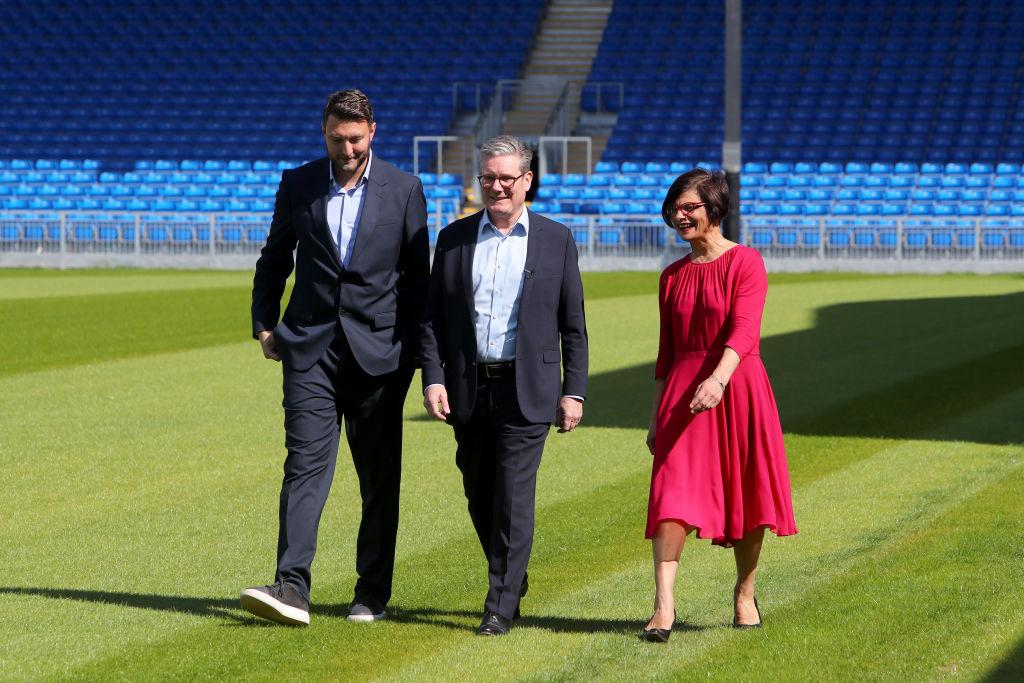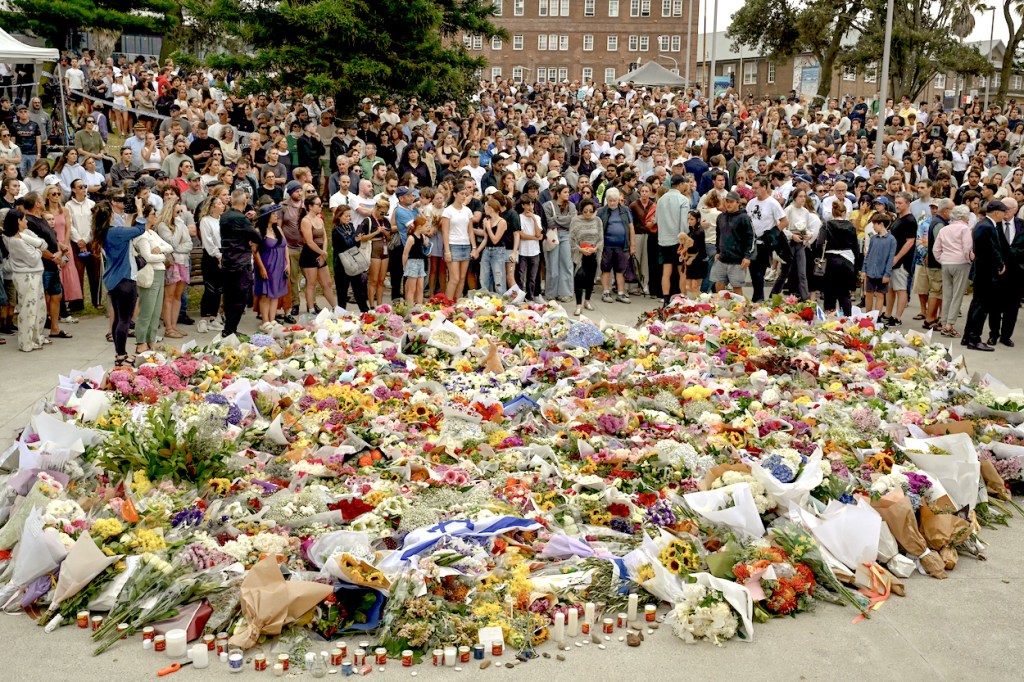Even if Keir Starmer wins a landslide majority next week, there is one former stronghold he might still lose. A Green insurgency is giving Thangam Debbonaire, the shadow culture secretary, the fight of her political life.
In this election the Greens are posing as a radical-left alternative to Starmer’s Labour. And Bristol Central, known as the ‘most left-wing constituency in Britain’, is where they believe they stand the best chance of winning a second seat in parliament.
Carla Denyer, the Greens’ co-leader, is the candidate here. Her manifesto: far more NHS and state spending, a tax on the rich, no university fees, free care-home costs, nationalised railways and net zero by 2040.
When I interview Debbonaire, 57, she admits that defending her seat is quite a challenge. ‘It’s hard work for a good democratic reason,’ she says. ‘People here are really, really engaged. They’ve got lots of questions, they really want to know the detail on things, so it’s a tough campaign.’
The Greens became the largest party in Bristol City Council at the local elections last month and there is a palpable sense of expectancy among the party’s activists. Boundary changes have robbed Debbonaire of many Labour voters and Denyer, 38, has boosted her profile by starring in the televised leaders’ debates. Debbonaire is out in Bristol door-knocking four times a day while Denyer, a former city councillor, must also focus on the Greens’ national campaign. ‘If I’m re-elected, I will be at the heart of it – taking Bristol’s interests to the top table,’ says Debbonaire. ‘Especially in the brief that I hold – that’s a really good fit for Bristol.’
Meanwhile Green activists and national resources have flooded in to help the party win its top target seat. Denyer’s team spent more on Facebook ads than any other candidate in the first week of this campaign. Her celebrity backers include the chef Hugh Fearnley-Whittingstall, pop group Massive Attack and serial luvvie endorser Hugh Grant. Every household has received five Green leaflets since the election was called; several flats I visit on a canvassing session still bear the last effort wedged beneath an unopened door frame. ‘It’s “Greens for Deforestation”,’ remarks one rival activist.
‘The Conservatives can’t win here…’ begins one councillor on a terraced doorstep. ‘Thank God!’ says a local nurse. The only leaflet seen bearing blue is a Green attack ad declaring ‘The Tories are toast!’ A ‘toast’ T-shirt is even modelled by Denyer’s press officer, the aptly named Tilly Green.
Denyer’s pitch is that doubling the Greens’ representation in parliament (from one MP to two) would help to hold a Labour government to account. She attacks Labour’s ‘U-turns’ on ‘workers’ rights, on renters’ rights’ and ‘the climate investment’. Her politics are more radical: she joined the Greens in 2011 after helping to lead a campaign against a new Tesco branch in Bristol.
She argues that Starmer leads a party of automatons: ‘It’s questionable how much Thangam could be a voice for Bristol, given that as a cabinet member she will not be allowed to publicly challenge anything Keir Starmer says,’ she says. Her exhibit A is a cause championed by Green activists everywhere: Gaza.
‘For many voters, I think it was the straw that broke the camel’s back,’ argues Denyer. She says ‘the country’s behaviour on the international stage’ is frequently raised as a concern on the doorstep. One Green pamphlet was emblazoned with the Palestinian flag and scenes of destruction. ‘Our local MP,’ it declares, ‘followed Keir Starmer’s order to abstain’ in the first ceasefire vote.
Whatever else, the battle for Bristol won’t struggle for coverage
‘Anyone who genuinely cares about Palestinians would not be attempting to put out misinformation about what their MPs have actually been doing,’ says Debbonaire, who points out that she did back a ceasefire in later votes. She remarks tartly that ‘the Green party leader said she thinks there needs to be more diversity in politics’ yet the Greens are now ‘attempting to unseat a progressive woman of colour – but that’s their choice’.
Housing is a major gripe in Bristol, where most residents are aged under 35 and about half are private renters. Many are torn between Green and Labour. ‘Thangam’s good, less keen on Starmer,’ says Jack, 33, a graduate in consulting.
‘My rent has risen by a third since Covid,’ complains Kim, 37. ‘At least the Greens want rent controls.’ Housing is the common complaint among millennials, who, for the first time in a polling year, make up the biggest population group in Britain. The national campaigns might be targeted at the ‘grey wall’, but Bristol Central offers warnings about what could happen if Labour fails to address the concerns of younger voters.
No party knows that better than the Liberal Democrats, who represented this seat from 2005 until 2015. ‘On paper it should be a safe Lib Dem seat,’ says Stephen Williams, the city’s former MP. ‘It’s got all the right characteristics.’ After the tuition fees debacle, the Greens instead began ‘winning council seats and pinching our general election votes. Quite a few of their leading personnel were members of the Lib Dems until the coalition came along.’
Whatever else, the battle for Bristol won’t struggle for coverage: both candidates’ teams are being bombarded with press requests. When I approach one pensioner to get his thoughts, he runs away, grumbling that he has already been vox-popped once today. In a seat like this, public awareness will be key to Debbonaire’s chances: a high turnout of more than 70 per cent could be what saves her.








Comments